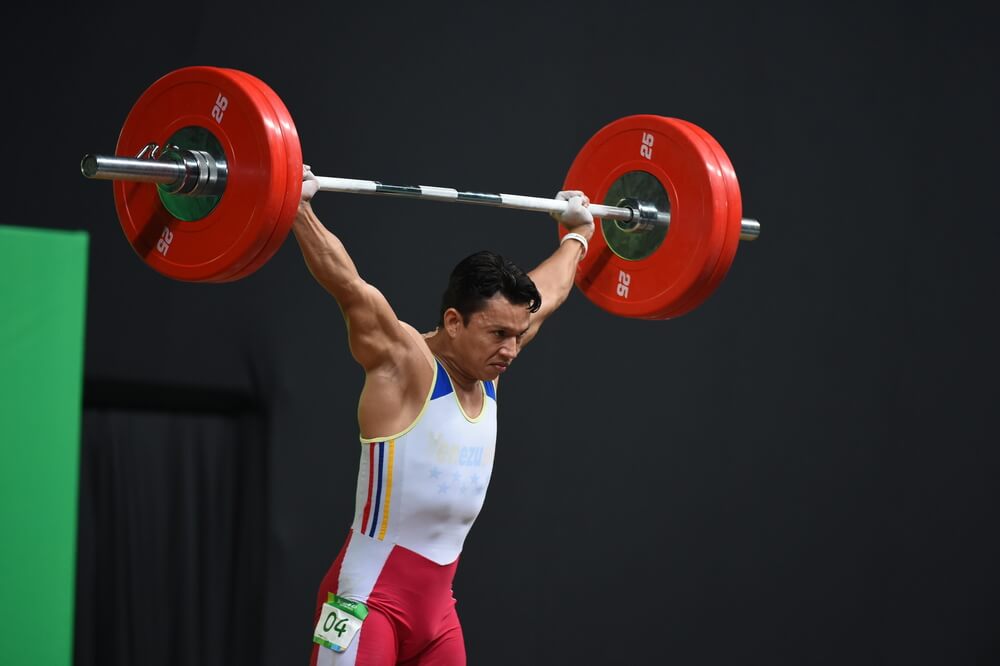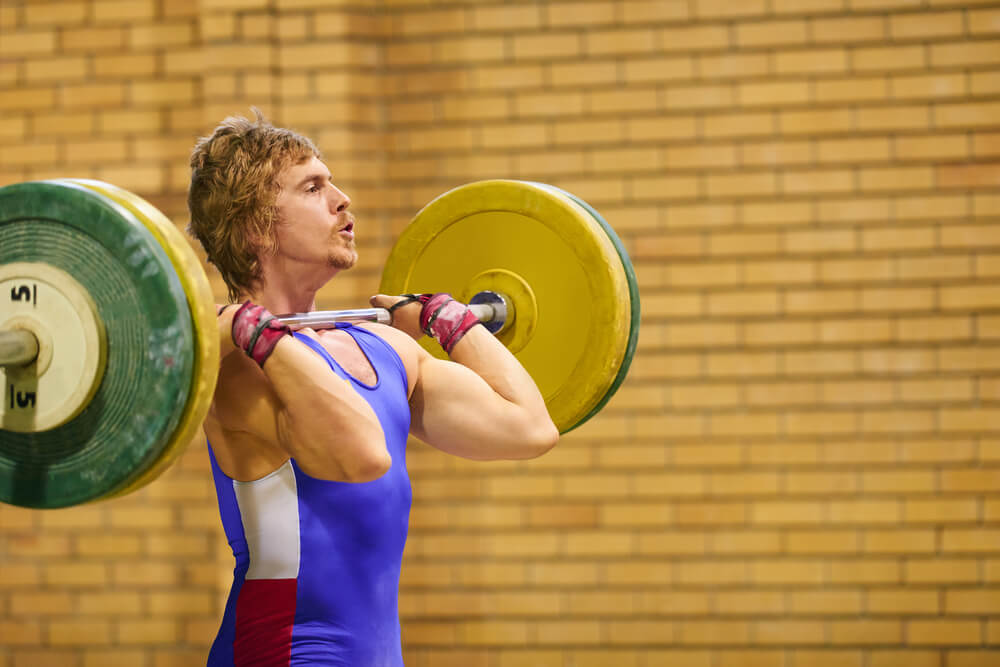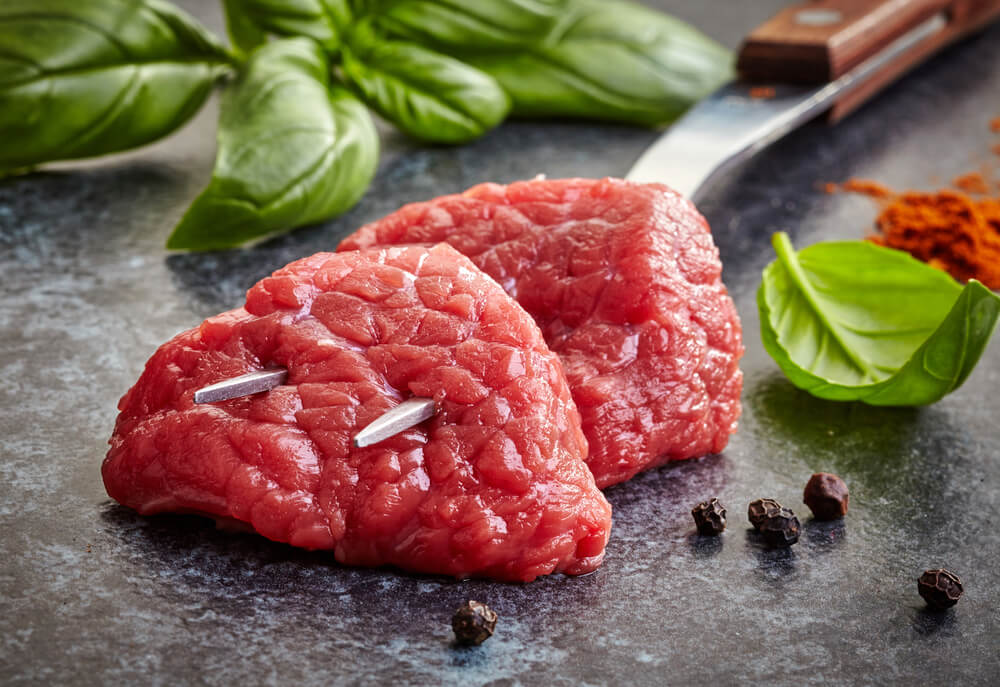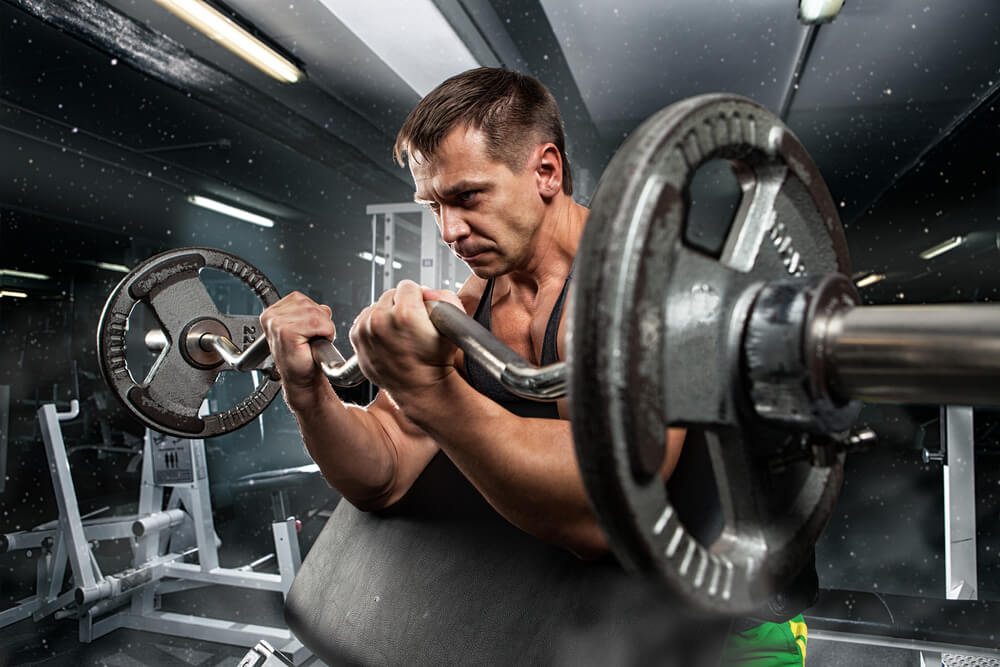You go to the gym to build your strength, improve your endurance and boost your overall level of health. If your gym is like most others around the country, it is a melting pot of different people, often bringing different workout ideas, trends, and dietary methods. One of those is called Catalyst Athletics, today we will explore this option!
Maybe one day on the treadmill you overheard someone talking about “catalyst athletics.”
Or maybe you stumbled upon the term while reading through the latest workout magazine you subscribe to. A new way to workout or improve your body is always worth checking out, which is why you are in the perfect place.
We have all the answers to your questions on catalyst athletics right here.
What is Catalyst Athletics?
The term catalyst athletics isn’t a blanket term used by workout companies around the world.
It isn’t a specific lifting move and it isn’t necessarily a trend like cross-fit. Catalyst Athletics is a specific weightlifting training program, designed by a company called Catalyst Athletics. However, it is not just a specific weight training program.
There are dozens of options, designed for varying individuals and what their goals are. It is based on Olympic weightlifting programs, so it isn’t something designed if you just want to lift light in order to develop lean, elongated muscles. This is the kind of workout program you may want to consider if you want to build impressive strength, size and lifting performance.
Of course, it is a bit more complex than just an “Olympic weightlifting program.” So diving deeper into Catalyst Athletics is necessary.
In the Beginning
The earliest notion of “Catalyst Athletics” dates back to 2006 when Greg Everett came together with “The Performance Menu Journal.”
The idea was to create insights into lifting for those training to become Olympic weightlifters. Mr. Everett even wrote one of the most popular weightlifting books on the topic, titled “Olympic Weightlifting: A Complete Guide for Athletes & Coaches.”
Greg Everett himself is a weightlifter and currently, holds the American record in the clean and jerk lift. Following the creation of Catalyst Athletics, Greg focused on instructing individuals and training them on how to train like a weightlifter.
However, he did not turn it into a workout for anyone. He did not take it the way of cross-fit. He wanted to train individuals who had the aspiration to become athletes, not those who simply wanted to put on strength and muscle.
However, while Greg devoted himself to training those serious in pursuing this professional dream, he did understand the desire of many individuals to lift and train like professional or competing weightlifters, so he put together Catalyst Athletics for those interested. Information on lifts and training are available from the Catalyst Athletics website.
There are also affiliate gyms located around the world that use his information for training.
It is important to note Greg Everett no longer runs his own commercial gym.
Instead, he has a private training facility for the Catalyst Athletics weightlifting team.
Certified Catalyst Athletics Gyms Around the World
In order for a gym to be a “certified” Catalyst Athletics affiliate gym, certified coaches must go through training directly from the Catalyst Athletics program and follow through with the very specific methodology and philosophies of the program (more on this later).
There are also a handful of locations where an elevated coach with distinction (such as they have competed as a Catalyst Athletics team member).
There are only a handful of these gyms around the world though.
Premier affiliate gym locations are found in South San Francisco and Lawndale, California, Colorado Springs, Colorado, Altamonte Springs, Florida, Grayslake, Illinois, Lender, Texas and Bonney Lake, Washington.
There are no premier affiliate gyms located outside of the gym, but there are a handful of certified gyms with affiliate instructions.
These locations are Bedford, Nova Scotia, Canada, Lower Bredbury, Stockport, United Kingdom and both Dublin and Kinsealy, Ireland (Catalyst Athletics, Affiliate Gyms, 2017).
Catalyst Athletics Programs Available
So you just signed your life away at the local gym.
The ink is still wet on your year-long contract, and now you have discovered the Catalyst Athletics program.
It doesn’t mean you need to shell up cash for an expensive buy-out on your gym membership. In all reality, there probably is not an affiliate gym nearby. While training with an affiliate coach is the best way to go, it also is the most expensive.
Instead, you can take advantage of the different programs available through the Catalyst Athletics website.
The “Starter Program” is a free four-week program you need to take advantage of before you decide to go through with the weightlifting programs.
This program is going to help prep your body for lifting and you’ll learn a bit more about what you will be doing within the programs.
The first pay program available is the “John’s American Wide Open” program. It is a 12-week program and, as of June 2017, costs $29 to receive the information. It is the Web, text alert and Microsoft Excel program. All of the online services provide you with an Excel template.
This way, you can easily monitor your lifting results and stay on top of performance. The 12-week performance is recommended for currently strong lifters who want to improve their overall technique with competition lifts. Competition lifts are the basics: snatch and the clean & jerk.
No ab workouts are provided so you are on your own for this. It is also important to note that very little squatting is focused on with this program. It more or less is designed for if you already are training with cleans and snatch lifts in order to improve your form and help you lift more.
The “Trim the Fat” program is eight weeks (of course, as is the case with all other programs regarding Catalyst Athletics, you are able to repeat the course as often as you like following its conclusion). This is a low volume, focused training lift program. It is going to offer modifications on common lifts.
Taking advantage of modifications help engage your muscles in slightly different ways.
This keeps your muscles off balance, which is important for improving both strength and size.
The “Amy’s Breakout” program is 11 weeks (and like the other programs so far, also costs $29). The program is designed to improve your performance and strength so you can reach a peak for competitive purposes at the end of the 11 weeks in both snatch and clean & jerk.
This program focuses on length strength, overhead strength and maintaining your stability while lifting for competition, which is difficult for those who have never lifted with a coach before.
With the “Chelsea’s Leg Saver” nine-week workout, this program is designed for if you have knee issues. Many lifters struggle with squatting and other lower leg lifts based on the amount of strain placed on the knees. Within the program, you will use a low intensity squat, twice a week.
This program helps with overhead strength and stability. It also is designed if you are unable to handle much weight placed on your shoulders (such as with a squat).
These are some basic examples of the lifting programs available through Catalyst Athletics.
There are literally dozens of other programs, each of which focuses specifically on building the performance of specific lifts.
Most aim at boosting your snatch and clean and jerk lifts, but there are some for other, non-performance lifters. In general, though, the vast majority of these lifts are designed for individuals who are interested in some form of competitive lifting, even if it is just localized competitions.
With the wide variety of lifting programs, you can also find one that is tailored to your personal, physical needs, including if you have joint problems, a bad back or struggle with certain movements.
If you are interested in this kind of a lifting program, make sure to look over the wide range of programs, or stop by an affiliate gym where the affiliate coach can work with you and help you determine the best program for your individual needs (Catalyst Athletics Olympic Weightlifting Programs, 2017).
Wait, Does it Include A Nutrition Guide as Well?
If you head over to the official Catalyst Athletics website, you’ll find there is a specific “Nutrition” section.
So doesn’t that mean there is a nutrition element to the program?
Well, no, not exactly.
There is no actual nutrition plan built into your training program. However, the website does have some literature written by varying lifting coaches. Each of these nutrition programs varies based on the individual coach’s preference.
Some point out to avoid greasy food, while others discuss the Paleo Diet.
Realistically though, you are not required to follow any kind of specific diet, although you will be told to intake “plenty of protein and carbs” for energy (Catalyst Athletics Nutrition, 2017).
What Kind of Results Should I Expect From Catalyst Athletics
So, you’ve watched the Olympic lifters on television, have always wanted to squat a barbell that could almost snap in half it has so many weights hanging on either side, and you like the weight the lifter’s look.
If so, the programs may be right for you.
Of course, you may not be able to clean 500 pounds when it is all said and done, but the focus of nearly all of the training programs are all on competitive lifts.
This means you’re not going to focus on the bench press or building up your triceps. It is about explosive power. These are lifts that do not necessarily receive the attention they should when at the gym. You may not see many people performing clean & jerks at the local 24-hour gym.
However, if you take advantage of the programs and stick with it, you will see excellent results. Just understand these are not total body workouts.
You’re free to combine the lifts with other lifts to work on other areas of the body, but if this is what you work with specifically, you’ll see gains in set areas.
Just not the money making chest, shoulder and bench press lifts.
Is This Program Right For Me?
The million dollar question.
It’s what you need to ask yourself before signing up for any kind of program. Is enrolling into a “Catalyst Athletics” program right for you.
You don’t need to strive to become a competitive lifter.
These programs are designed for it but you don’t need to be. You just need to determine what kind of lifter you want and how you want to target your body. If you’re in it to build all around strength and to have a nice, jacked body for the summer, you’ll probably want to look elsewhere.
If you want a fit body that is toned but isn’t overtly muscular, this probably isn’t for you either.
However, if you want to boost your explosive power and you wish to take on the challenge of training like an Olympic weightlifter, this might be the program for you. At least the programs are not overtly expensive, so you can at the very least give it a try and see what happens.
For many, weightlifting is a means to an end.
It provides ways to increase strength and, depending on how you lift and what you’re interested in, it increases size.
However, if you are interested in something more. If you want to train like a professional weightlifter and heighten your ability in certain lifts, either to eventually compete or simply to gain this kind of physical appearance, Catalyst Athletics may be the lifting format for you.
If it is, you can either follow through with signing up for a provided, online program, or you can locate a local affiliate gym.
Conclusion
Working with a certified coach is the best way to follow the program, but if you are interested in seeing gains you likely would not see with a regular strength and conditioning program, this is something you may want to consider. It might be the kind of lifting service you’ve been looking for.
-Terry Asher
Terry Asher
Latest posts by Terry Asher (see all)
- Better Family – Product Review Liquid Daily 2 oz - Dec 16, 2024
- Post-Workout Recovery: The Key to Optimal Performance - Nov 25, 2024
- Pre-Workout Supplements – Everything You Need To Know - Nov 18, 2024














[…] post Catalyst Athletics – Whats It All About? appeared first on Gym […]